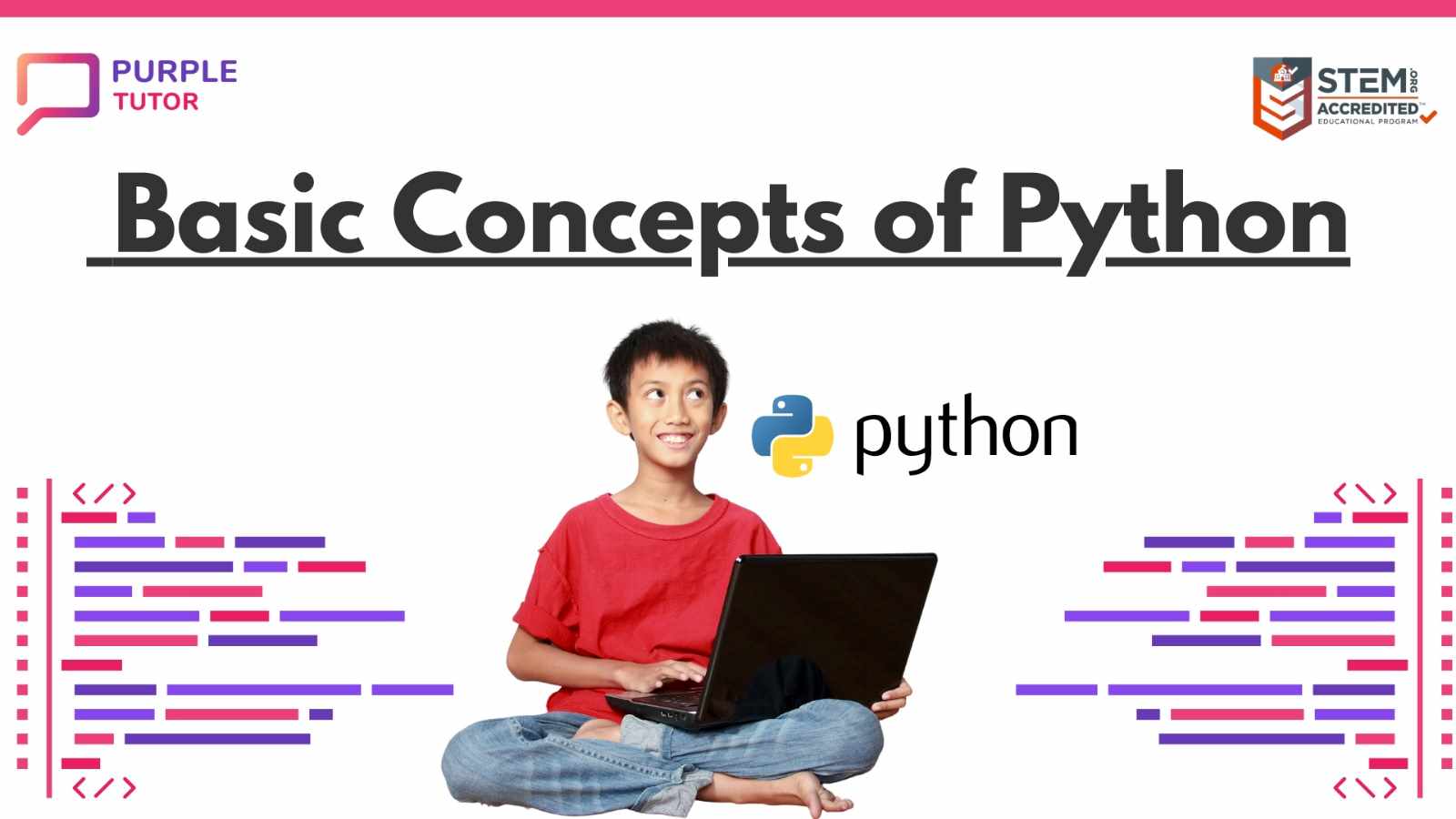Basic Knowledge of Python

Basic knowledge of Python involves understanding fundamental concepts and syntax. Here are some key aspects:
Variables and Data Types:
# Example
x = 5
y = "Hello, Python!"Control Flow:
# Example
if x > 0:
print("Positive number")
else:
print("Non-positive number")Functions:
# Example
def greet(name):
print("Hello, " + name + "!")
greet("Alice")Lists and Dictionaries:
# Example
my_list = [1, 2, 3]
my_dict = {'a': 1, 'b': 2, 'c': 3}Loops:
# Example
for item in my_list:
print(item)
while condition:
# code blockStrings:
# Example
message = "Hello, World!"
print(message.upper())Input/Output:
# Example
name = input("Enter your name: ")
print("Hello, " + name + "!")Error Handling:
# Example
try:
result = 10 / 0
except ZeroDivisionError:
print("Error: Division by zero")File Handling:
# Example
with open("example.txt", "r") as file:
content = file.read()Modules and Libraries:
# Example
import math
print(math.sqrt(16))Comments:
# This is a commentBasic Concepts:
# Example
class MyClass:
def __init__(self, value):
self.value = value
This is just a starting point, and as you progress, you can delve into more advanced topics like object-oriented programming, exception handling, and specific libraries for web development, data science, and more. The official Python documentation (https://docs.python.org) is an excellent resource for learning and deepening your understanding of Python.
Thank you.